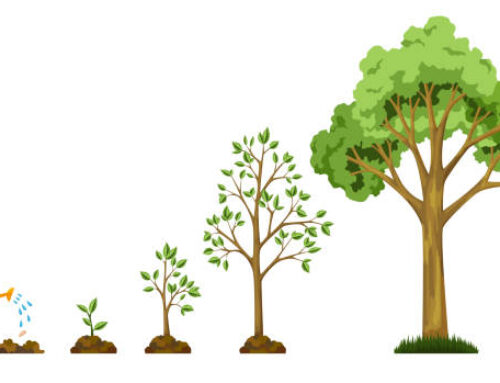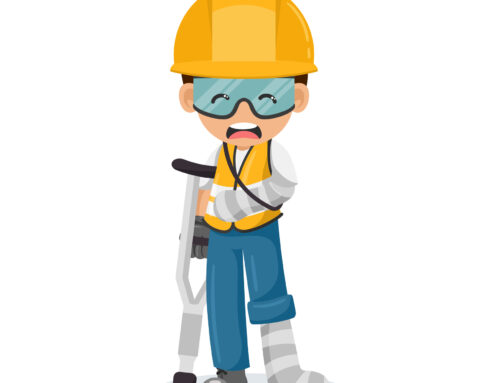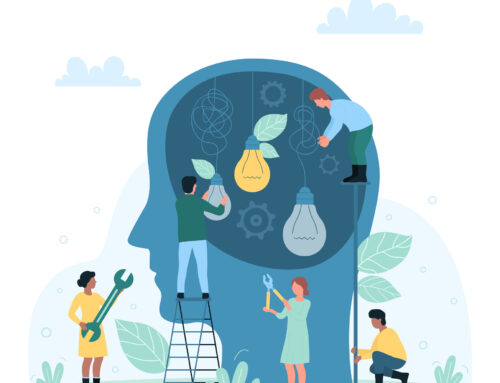HR’s Actual Job
Shawnee Love •
December 6, 2011
Last week I piped off about managers who complain about doing HR’s job when really they are doing what managers are supposed to do, whether they like it or not. As promised, here is my take on what the HR function in your organization should really be doing.
Each organization is structured and operated differently, and as such, there are an infinite number of variations in what HR departments do for businesses. A laundry list of typical HR duties may include:
- hiring,
- orienting,
- managing employee information,
- analyzing and evaluating jobs,
- compensating and recognizing,
- coaching and providing confidential advice,
- creating and implementing guidelines,
- ensuring compliance with employment laws,
- managing contractual promises to employees,
- overseeing a safe & healthy work environment,
- collective bargaining,
- managing employee and labour relations,
- training and developing,
- handling conflict,
- disciplining, and
- supporting the end of the employment relationship.
These activities are all fairly transactional and don’t necessarily result in the most important responsibility of a good HR resource which is to create the organizational environment that will attract, keep, and motivate the people to help the business succeed.
Beyond the HR activities listed, truly strategic HR function will focus on connecting with the people and building organizational capability.
Connecting with the people
It is vital for your HR resource to be constantly connecting with all levels of the organization. Connecting involves two way communication and multiple tools and methods to ensure the important messages and themes are being heard by and resonating with the employees and in turn, to bring back insights and feedback to ensure the organization has good intelligence about employees’ wants and needs. In doing so, HR is not only the barometer of culture and morale, but also a resource for what is needed to make improvements and get closer to the goals laid out.
Building organizational capability
Building capability involves a web of activities that ensure you have the right people in the right jobs at the right time to ensure the organization can meet its goals, and in the 21st century organization, I would add that HR accomplishes those objectives economically, efficiently, and with an eye on social responsibility.
Now more than ever before, the playing field is level amongst other resources (e.g., finances, technology, equipment), and people (leaders and employees) make the difference between #1 and a distant 2nd. In this environment, HR has the opportunity of a lifetime to truly make a difference in your organization. Don’t settle for anything less.




